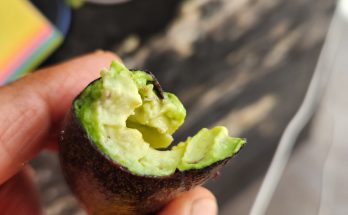By Emma Seville
Are you eating enough protein?
Do you think about the calorie content of your food more than the nutrient content? Or maybe you just grab whatever is easy and put all the thought into providing healthier options for your family. Well in this week’s email we are going to look into the importance of protein—one of the least considered but most impactful macro nutrients—and think about whether we’re eating enough. Now then, we are all different.
Our bodies work well on different fuels and we all have different needs, with different microbiomes, DNA, and lifestyles. But we all need the same nutrients, and protein is a biggie. Protein is the name for all the amino acids we need to grow and maintain every cell in the body; that includes your brain, immune system, digestive system, and of course, muscles and bones.
Most of us aren’t eating enough, which can lead to cravings for sugar and carbs. And since protein is the building block of every cell, it can also lead to a whole host of other problems. As we age, we need more—I bet you didn’t know that. Instead of 1 gram of protein per kilogram of body weight, we need 1.2 grams just to keep our muscle mass and maintain strong bones. That’s about 26g per meal if you weigh 65kg. To give an idea of how much this is, consider 242 grams of chickpeas, 105 grams of salmon, 77 grams of red meat, or three whole eggs equals 20 grams of protein. So, you will probably be adapting to eating more, but it’s completely possible I promise.
Protein really fills you up and by eating more alongside loads of vegetables, unrefined carbs, and whole fruit—all full of gut-friendly fiber—you will feel fabulous. Interestingly, we can find ourselves craving savory foods like crisps (potato chips) when we aren’t getting enough protein; this is because that umami flavor can usually only be found in meat. Our bodies know to make us keep eating until we’ve consumed the protein it needs.
That explains a lot, to me anyway! I’m increasing my protein intake from now on—what about you? High protein foods: Add some of these foods into each meal, including eggs, chicken, breast, turkey, nuts and seeds, cottage cheese, greek yoghurt, lentils, beef, fish, or quinoa.
Protein powders by Emma Seville, email emmasevillecompletewellness@gmail.com, or phone 415 109 6972.
*Adevrtisement




